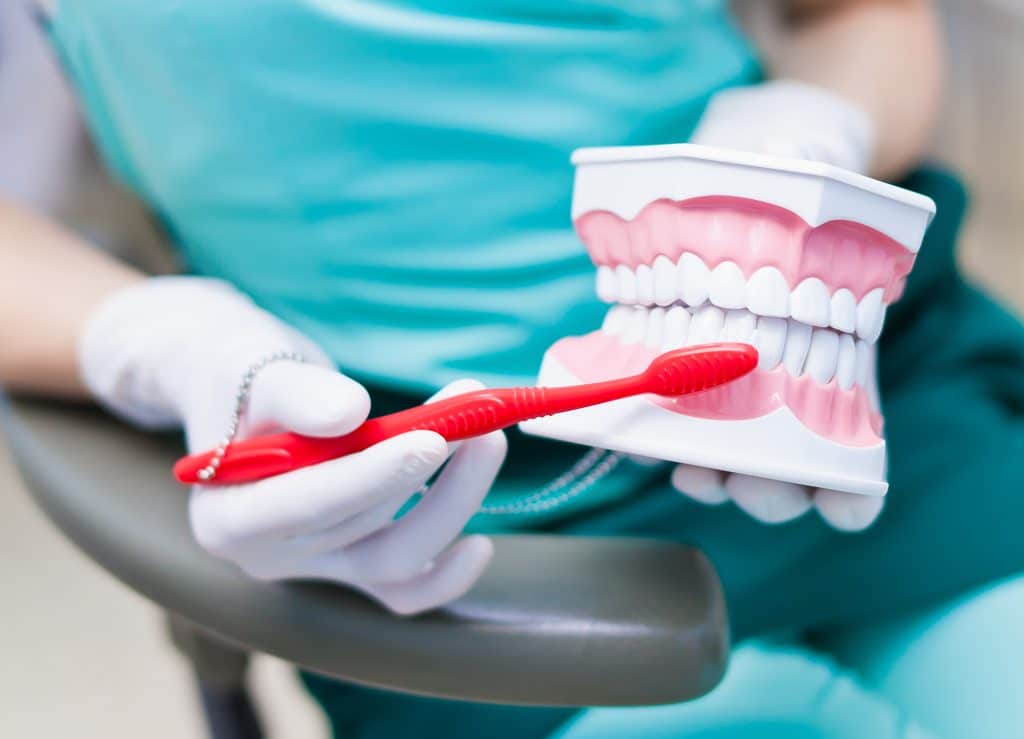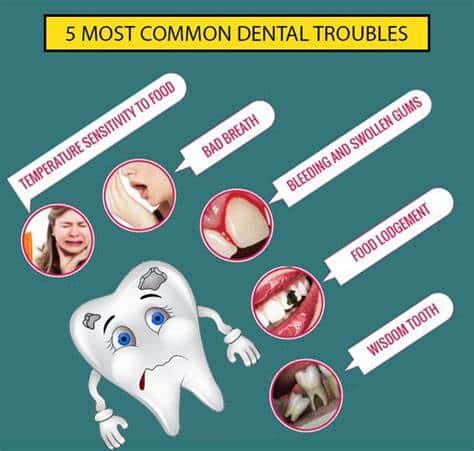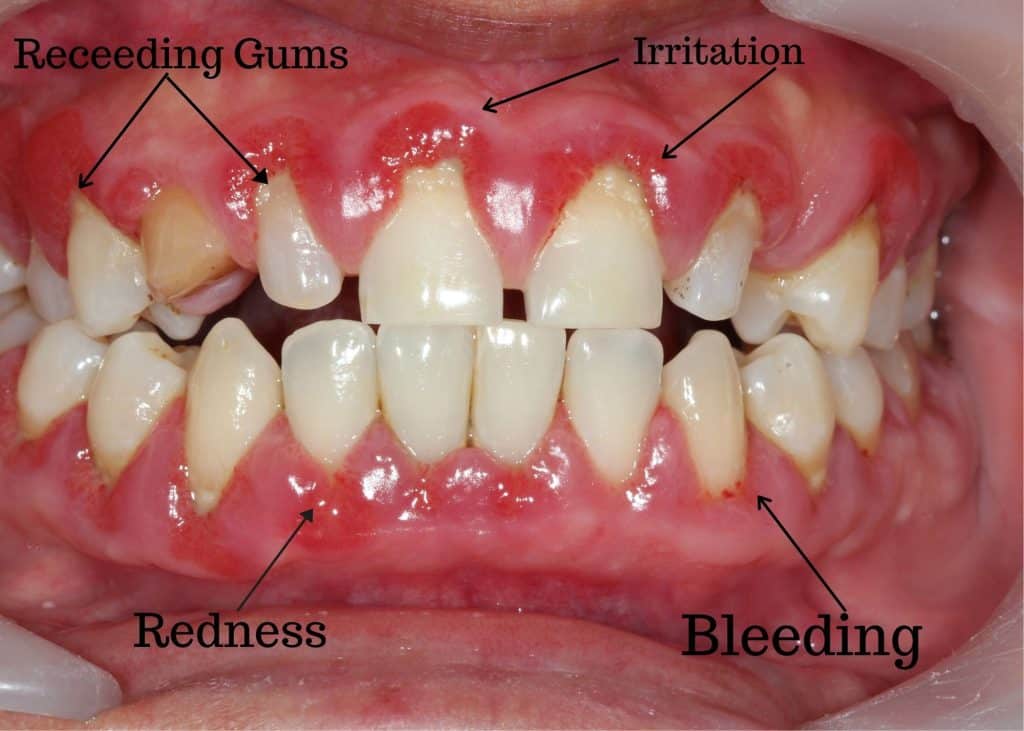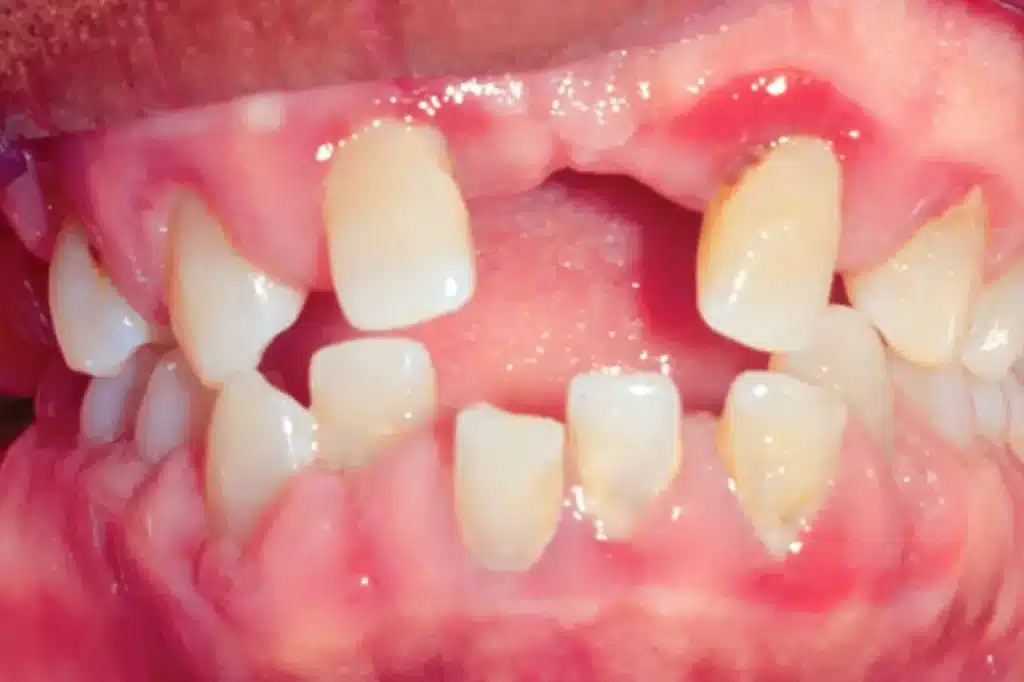Dental health, often overlooked in the broader spectrum of health care, plays a pivotal role in our overall wellbeing. Neglecting dental hygiene can lead to many health issues, some extending far beyond the mouth. This article delves into the consequences of ignoring dental health, ranging from early warning signs to long-term risks. By understanding these dangers, individuals can take proactive steps toward maintaining their oral health, ultimately contributing to their general health and quality of life.
Contents
- Understanding Dental Health
- Early Warning Signs of Dental Problems
- Short-term Consequences of Poor Dental Hygiene
- Long-term Risks of Dental Neglect
- Financial Impact of Neglecting Dental Care
- Dental Health Across Different Life Stages
- Societal and Psychological Implications
- Preventative Measures and Good Practices
- The Bottom Line
- Related
Understanding Dental Health

Dental health encompasses more than avoiding cavities; it involves the entire oral cavity, including gums, teeth, and mucosa. Good dental health is indicative of a healthy mouth, free from chronic pain, oral and throat cancers, oral infection, sores, periodontal (gum) disease, tooth decay, tooth loss, and other diseases and disorders that limit an individual’s capacity in biting, chewing, smiling, speaking, and psychosocial wellbeing.
However, the significance of dental health transcends beyond the mouth. Emerging research continually highlights the link between oral health and overall health. Gum disease, for instance, has been associated with an increased risk of heart disease, stroke, poorly controlled diabetes, and preterm labor. This interconnectedness underscores the importance of maintaining oral hygiene for aesthetic reasons and its integral role in maintaining overall health.
Early Warning Signs of Dental Problems

Recognizing the early signs of dental problems is crucial in preventing the escalation of these issues. Common indicators include persistent bad breath, tooth sensitivity, bleeding or swollen gums, pain or toothache, loose teeth, and receding gums. These symptoms often signal underlying issues that, if left untreated, can lead to more serious complications.
Ignoring these early signs can be detrimental. For instance, bleeding gums might be an early sign of gingivitis, a treatable and reversible form of gum disease. However, if ignored, gingivitis can progress to periodontitis, a more severe infection leading to tooth loss. Hence, early detection and treatment of dental problems are critical in preventing long-term damage and maintaining good oral health.
Short-term Consequences of Poor Dental Hygiene

The immediate consequences of poor dental hygiene are often visible and painful. These include cavities (dental caries), gingivitis (inflammation of the gums), oral infections, and bad breath (halitosis). Such conditions can cause significant discomfort and pain, affecting a person’s ability to eat and speak comfortably.
Moreover, the aesthetic impact of poor dental hygiene cannot be understated. Dental issues like stained teeth, cavities, or swollen gums can significantly affect a person’s confidence and self-image. This can lead to social withdrawal and reluctance in professional and personal interactions. The pain and discomfort and the potential social embarrassment underscore the importance of regular dental care.
Long-term Risks of Dental Neglect

Ignoring dental health can lead to severe long-term consequences. Chronic dental conditions such as periodontitis, a severe gum infection, can lead to tooth loss and have been linked to other serious health issues like heart disease, stroke, and diabetes. Periodontitis is often a result of prolonged neglect and can lead to irreversible damage to the oral tissue and bone.
Chronic oral infections can also lead to a reduced quality of life and contribute to other health problems. The chronic inflammation associated with these conditions can have systemic effects, potentially exacerbating other health issues like heart disease or diabetes. In severe cases, the infection can spread to other parts of the body, leading to life-threatening conditions. This makes it clear that maintaining oral health is not just about preserving teeth but about safeguarding overall health.
Financial Impact of Neglecting Dental Care

The financial implications of neglecting dental health are often significant. While seemingly an upfront cost, preventative care is far more economical than treating advanced dental issues. For instance, regular cleanings and check-ups can prevent conditions that may require costly treatments like root canals, dental implants, or advanced periodontal therapy.
Lack of dental care can also increase expenses in the long run. Many dental insurance plans focus on prevention and may not cover extensive procedures required for severe conditions. This means that individuals can pay substantial out-of-pocket expenses for treatments that could have been avoided with regular dental care, emphasizing the economic benefits of maintaining good oral hygiene.
Dental Health Across Different Life Stages

Dental health needs vary significantly across different stages of life. In children and teenagers, establishing good dental habits is crucial. This includes routine brushing, flossing, and regular dental check-ups. These early habits set the foundation for healthy teeth and gums in the future. Additionally, dental issues in children, such as cavities, can lead to pain, difficulty in eating, and even problems in speech and learning.
In adults and seniors, the focus often shifts to maintaining and preserving dental health. Age-related dental issues such as dry mouth, wear and tear of the teeth, gum recession, and increased risk of oral cancers become more prevalent. Therefore, specialized care and regular dental visits become even more critical to managing these age-related changes and maintaining oral health.
Societal and Psychological Implications

The societal and psychological impacts of dental health are profound. On a societal level, poor dental health can be a public health concern. For instance, untreated oral diseases can increase healthcare costs and productivity losses. Moreover, there is often a social stigma associated with poor oral health, which can affect individuals’ job prospects and social interactions.
Psychologically, dental problems can severely impact self-esteem and mental wellbeing. Issues like tooth loss, bad breath, or visible dental problems can lead to embarrassment, anxiety, and decreased social engagement. This can affect personal relationships, professional interactions, and overall quality of life, highlighting the importance of dental health in maintaining psychological and social wellbeing.
Preventative Measures and Good Practices

Preventative measures are key to maintaining dental health. Regular brushing with fluoride toothpaste, flossing, and mouthwash can significantly reduce the risk of dental problems. These practices help remove plaque, a sticky film of bacteria that forms on the teeth and gums and can lead to cavities and gum disease.
Additionally, regular dental check-ups are crucial. Dentists can provide professional cleanings, identify and treat problems early, and advise on individual dental needs. Lifestyle choices, such as a healthy diet low in sugar and avoiding tobacco, also significantly maintain dental health. By adopting these preventative measures, individuals can significantly reduce the risk of dental problems and ensure the longevity of their oral health.
The Bottom Line
In conclusion, the importance of dental health extends far beyond the mouth. Neglecting dental care can lead to many problems, from immediate discomfort and aesthetic concerns to long-term health issues and financial burdens. It also has significant societal and psychological implications. By understanding these risks and taking proactive steps in dental hygiene and care, individuals can preserve their oral health and contribute to their overall wellbeing. Remember, a healthy mouth is a gateway to a healthy body, and prioritizing dental health is an investment in one’s overall health and quality of life.


